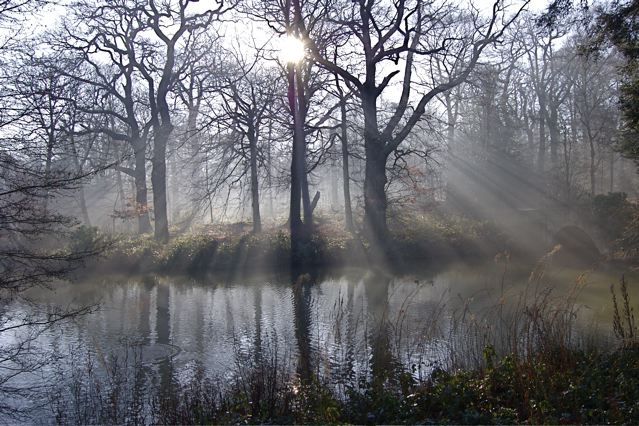The cold, grey, windswept days of darkening, dampening and descending winter are here. Yes, it is again that time of year when many of us, sniffling, shivering and seeking elusive sunlight, begin to daydream of emigration to somewhere – anywhere – warm and dry where the sunlight softens our thoughts and warms the napes of our necks.
And as if the generalised misery of the British winter is not enough to beset both body and mind, there is also – for as many as two-thirds of population, according to recent studies – the added personal peril of the cold sore.
We all know that cold weather and stress are two of the triggers for the herpes simplex virus and, sadly, the last few drifting leaves from the autumn trees, romantic as they are, are a harbinger of these things.
It is, however, worth remembering that although there is no cure for cold sores, there are a number of things that can be done to at least reduce the risk of their occurrence.
Avoid stress
 Stress is always hard to avoid, particularly in winter. But there are some things that can be done which will help manage stress if not eradicate it altogether.
Stress is always hard to avoid, particularly in winter. But there are some things that can be done which will help manage stress if not eradicate it altogether.
It is amazing how much of a difference even the littlest things can make. Have a massage; soak awhile in a hot bath (but not too hot); wrap up warm and take a countryside stroll though the clear brittle air; snuggle down with a loved one and watch a favourite film: such breaks from the daily grind of run-of-the-mill winter life can help keep you serene and therefore contribute to lessening the need to reach for your cold sore treatment.
With a hey and ho and hey nonny no, keep the cold and wind at bay
Extreme cold, particularly in windy conditions, can reactivate the HSV-1 virus so take steps to ensure that you keep protected from the cold and the wind. Having a good scarf or high collared coat can do this, ensuring that lips do not become dangerously dehydrated.
Also beware when moving between environments that are distinguished by markedly different temperatures – for example, moving from the blistering cold to the welcome warmth of a well-heated house.
Eat yourself well
British people have a tendency to eat comfort food in winter – think pies, pasties, chips and fry-ups. However, our general health is often reliant on what we put into our bodies. By eating well we can help prevent ourselves becoming rundown. Vitamin D plays a particularly important role in preventing the outbreak of cold sores and good sources of this vitamin include oily fish, yoghurt, cheese and egg yolks.
Herstat
Herstat cold sore treatment is clinically proven to help eradicate a cold sore more quickly and to reduce healing time. Applying it before exposing yourself to biting winter winds may also help reduce the possibility of developing a cold sore in the first place.
Learn more about the product and order a tube today.
Photo © Tony Hall via Flickr under creative commons licence.












